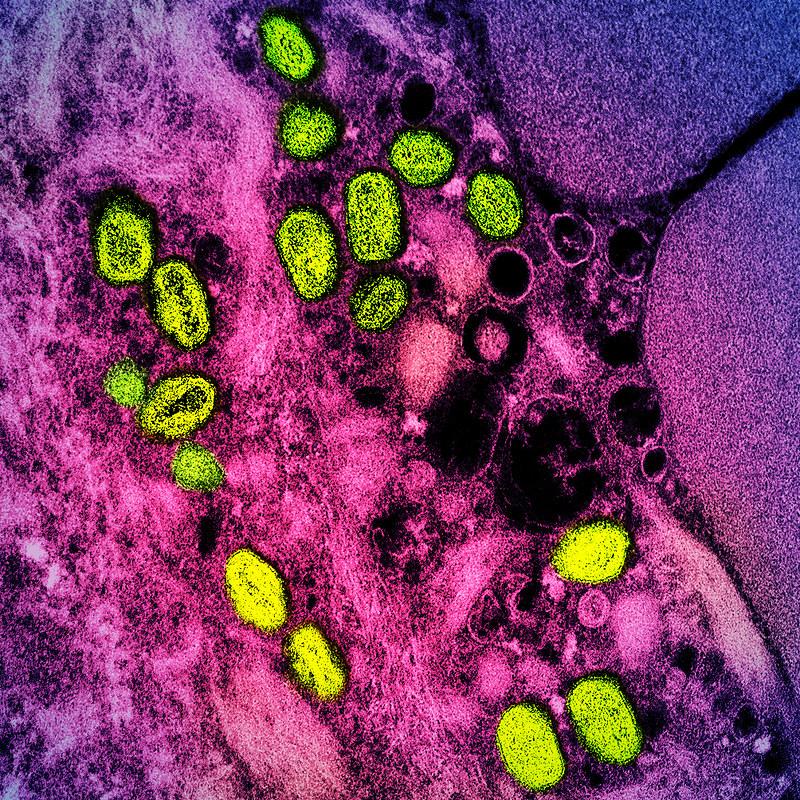Mozambique last week confirmed its first mpox cases of the year, bringing the number of African nations reporting outbreaks to 24. Meanwhile, one of the top officials from the Africa Centres for Disease Prevention and Control (Africa CDC) today described a mixed picture of outbreaks on the continent, with encouraging declines in high-burden countries, but cases trending upward in five nations.
Yap Boum, PhD, MPH, deputy incident manager for Africa CDC's mpox response, said Mozambique's three cases involve two men and one woman, none of whom had traveled recently, suggesting that transmission in the country has been ongoing. The cases were detected in an area near the border with Tanzania. He said the country is taking a patient-isolation approach, which includes food and psychiatric care, to curb the spread and that so far sequencing results are not available.
A local media report said more cases have been detected in the country, including 11 over the past 2 days. The outbreak is occurring in Niassa province in northern Mozambique, which recorded its first mpox cases in 2022.
Elsewhere in Africa, high-burden countries, including the Democratic Republic of the Congo and Sierra Leone, continue to show declining trends and now make up a smaller proportion of weekly cases, thanks to improvements in surveillance, deployment of epidemiologists and community healthcare workers to detect cases, and better lab testing. Boum notes that cases are rising in Nigeria, Liberia, Zambia, Kenya, and Guinea.
Vaccination shortages pose a big challenge
Health officials in Africa are still portioning out vaccine doses from earlier allocations to countries such as Sierra Leone. Boum said, however, that a shortage has developed, because funding to buy more doses through UNICEF has dried up, despite the availability of supply from vaccine maker Bavarian Nordic.
Funding pauses since the start of the year have stalled earlier vaccine doses pledged by the United States, and Boum said some of those doses are now beyond their shelf life, given that it takes as long as 6 months to deploy doses once they are received.
Africa CDC estimates that 3.4 million doses are urgently needed to meet the current demand. African countries have taken a ring vaccination approach and have seen good uptake where doses have been deployed in outbreak hot spots.





















